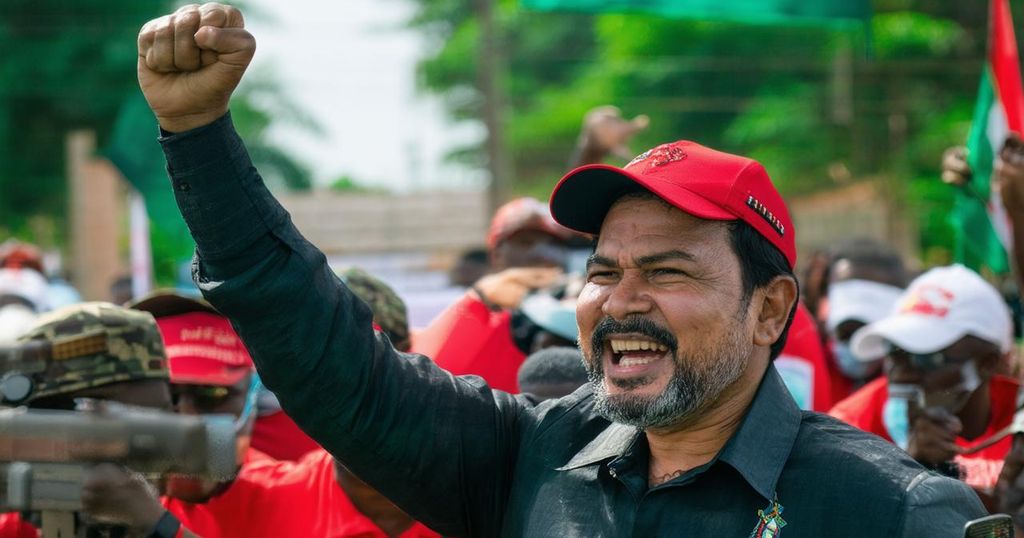Daniel Chapo was declared the winner of Mozambique’s presidential election with approximately 71% of the vote on October 9, amidst violence and claims of fraud against his Frelimo party. Protests erupted in the capital, Maputo, as demonstrators alleged electoral rigging while Frelimo dismissed the accusations and expressed confidence in the election results. This election marks a significant challenge for Frelimo, which has dominated Mozambique’s politics for nearly five decades.
On Thursday, Daniel Chapo, representing the Frelimo party, was announced as the victor of Mozambique’s latest presidential election amid allegations of electoral malpractice and social unrest. The country’s electoral commission reported that Mr. Chapo secured approximately 71 percent of the vote during the balloting held on October 9. This election marks Mr. Chapo’s transition into the presidential role, succeeding Filipe Nyusi, who has reached the constitutional limit of two consecutive five-year terms. The announcement was overshadowed by intense turmoil in Mozambique, including a protracted insurgency in Cabo Delgado’s northern coastal region, which has exacerbated socioeconomic disparities in a nation rich in natural resources such as natural gas and precious stones. Violence erupted in Maputo on Monday, as law enforcement used tear gas and gunfire to disperse crowds of thousands protesting the electoral results, alleging that Frelimo had engaged in fraudulent practices and was implicated in the fatal shooting of two supporters of Mr. Chapo’s main challenger. The Frelimo party, which has governed since Mozambique gained independence from Portugal in 1975, refuted all allegations of electoral fraud and violence. Ludmila Maguni, Frelimo’s spokesperson, asserted, “Frelimo is confident that the results reflect the will of the people.” The events surrounding this election represent a significant challenge for Frelimo, which has maintained its political dominance in the country since its inception.
Mozambique has been under the governance of Frelimo for nearly fifty years since its independence in 1975. The country has experienced a civil war post-independence, and more recently, it has been grappling with a violent insurgency from Islamist extremists in the northern regions, particularly Cabo Delgado. These conflicts have amplified socio-economic challenges, exposing stark contrasts between affluent sectors benefiting from natural resources and the widespread poverty experienced by many citizens.
In conclusion, Daniel Chapo’s election victory amidst significant controversy raises important questions about the integrity of Mozambique’s electoral process and the broader implications for governance and stability in the region. As the Frelimo party asserts its confidence in the electoral outcomes, ongoing dissatisfaction and unrest illustrate a critical juncture in the nation’s political landscape.
Original Source: www.nytimes.com






